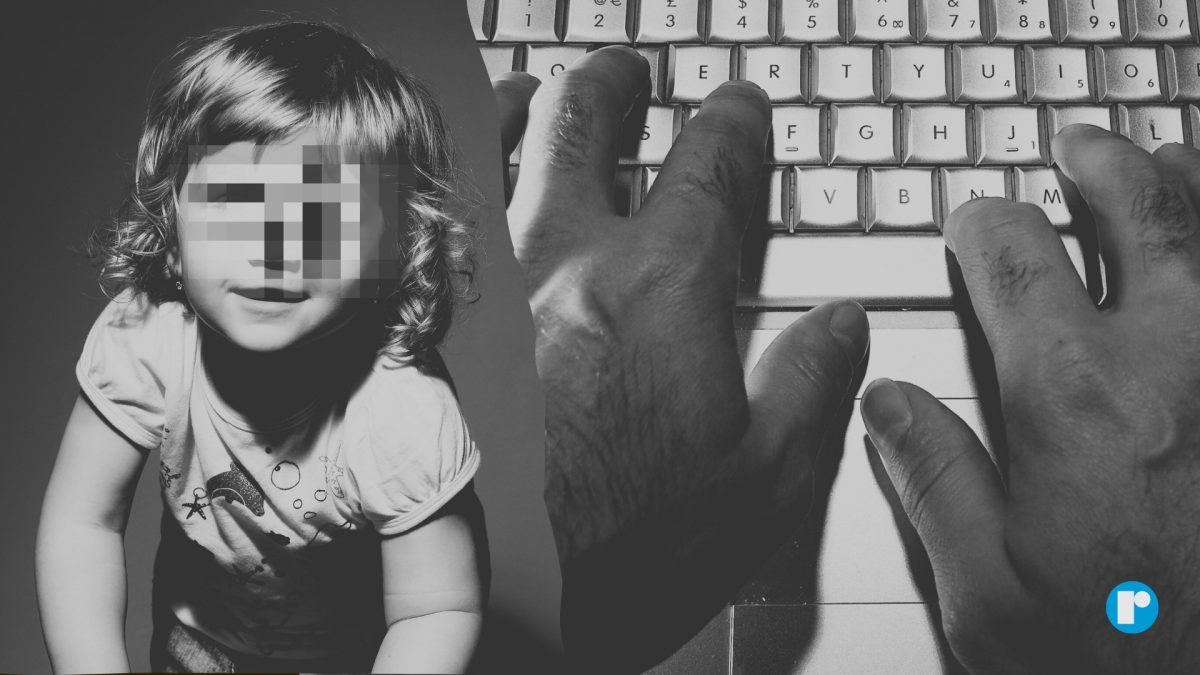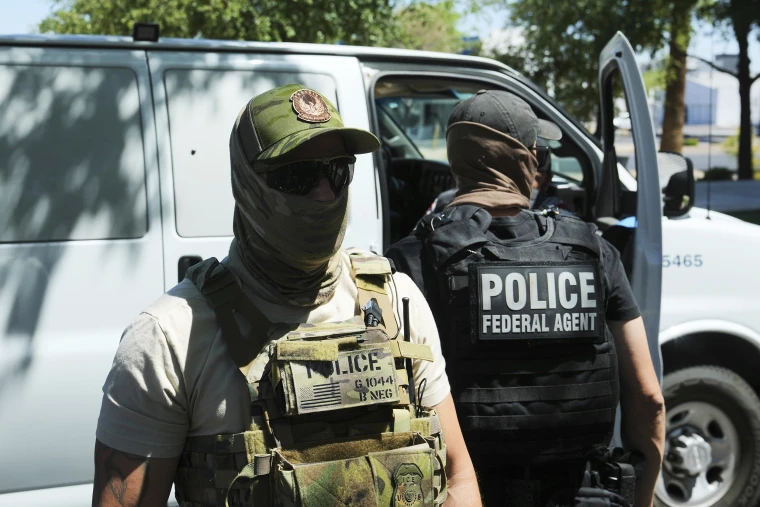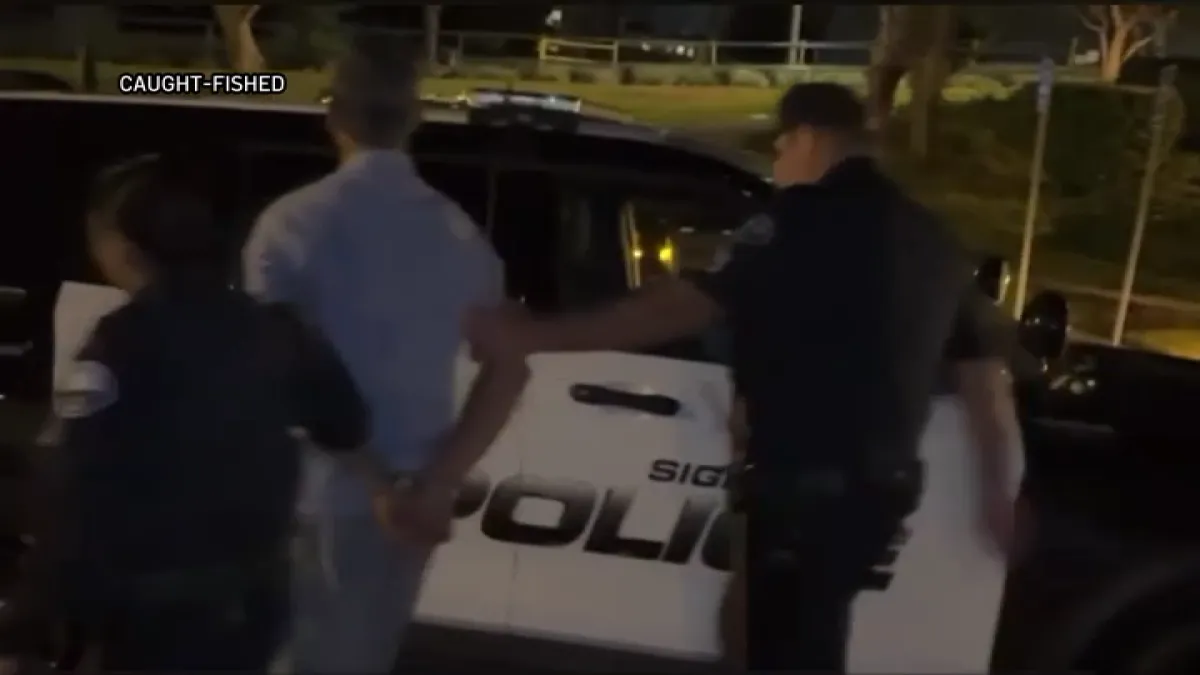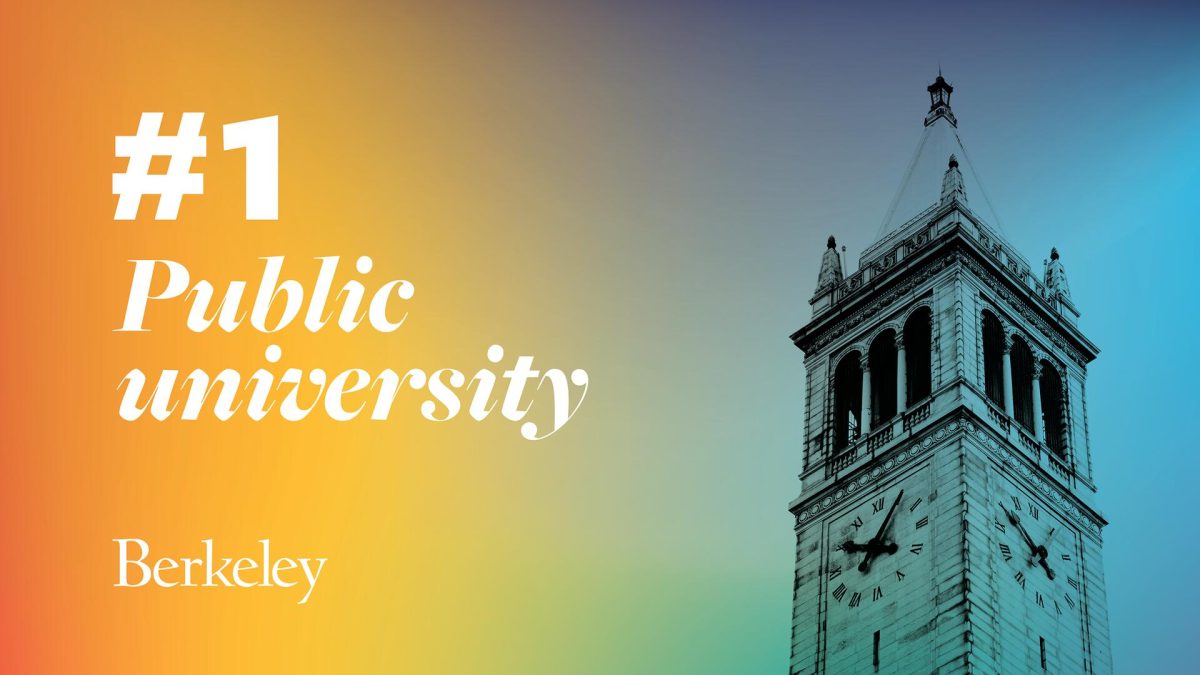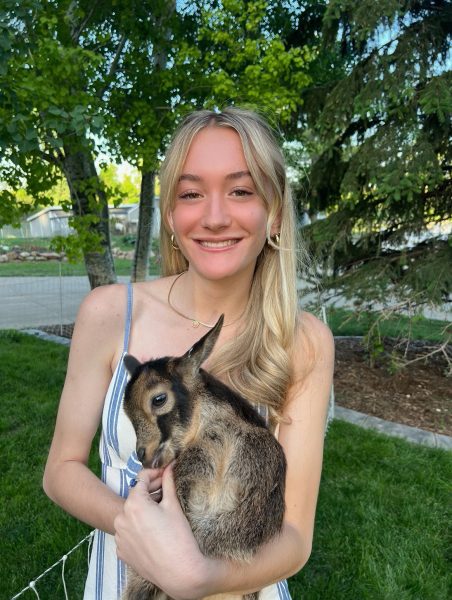Following many allegations of artificial intelligence-generated child pornography in California, Ventura County District Attorney Erik Nasarenko argued for a reform in state law to safeguard children who are becoming increasingly vulnerable to this abuse of technology.
Supporters of the measure claim that AI-generated content frequently utilizes the faces of actual children, victimizing them when those photos are circulated. “This legislation is in response to the dangerous convergence of artificial intelligence and child exploitation,” Nasarenko stated. “As technology evolves, so must our laws. This bill sends a clear message that our society will not tolerate the malicious use of artificial intelligence to produce harmful sexual content involving minors.”
In December, Nasarenko received his first bit of information about a person who had generated images of an underaged girl performing sex acts with an adult man. “When it came to my attention, I said let’s file charges,” Nasarenko told the Times. However, due to present loopholes in California law, he discovered that he could not file charges in cases where the photographs of minors were AI-generated.
Another scandal of this issue took place in February at a middle school in Beverly Hills where children were sharing artificially generated nude images, and school officers reported in March that five students were expelled as a result of the controversy. Other states had comparable difficulties.
“It’s absolutely humiliating for these kids to go to school and know that these images have been circulated campus,” said Orange County Sheriff’s Department detective Heather Timmins during the hearing.
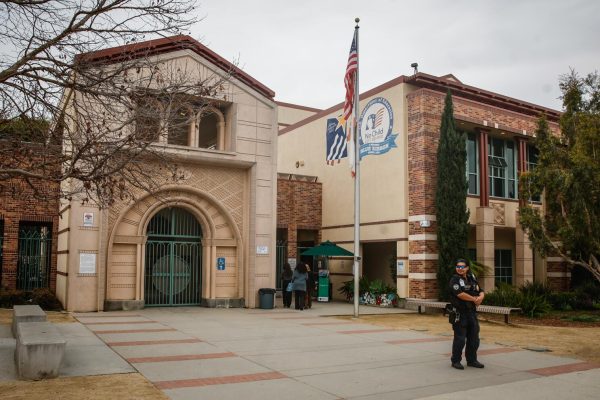
The National Center for Missing and Exploited Children in the United States stated that it received 4,700 reports of artificial intelligence-generated images of child sexual exploitation last year. Expulsion from Los Angeles middle and high schools occurred when kids created sexually improper photographs of their peers using AI. Six reports about pictures showing adolescents having sex have been sent to Nasarenkos’s office in the last five months.
Kaylin Hayman, a former Disney Channel star, spoke during the hearing. The now-16-year-old told committee members that she received a call from the FBI last year notifying her that AI-generated recordings of her appearance were discovered engaging in sexual acts. “A man was in possession of images that were morphed to have my face on someone else’s body participating in sexual acts,” she told the court. “I felt violated and disgusted to think about the fact that grown men had seen me in such a horrendous manner.”
Legislators and prosecutors in California assert that the state needs to safeguard children and prosecute those responsible for the increasing number of reports of AI-generated child pornography.
Assemblymember Marc Berman (D-Menlo Park) is a co-sponsor of Assembly Bill 1831, which would make it unlawful to own, distribute, or create any sexually explicit image of a minor produced by artificial intelligence. The bill would also apply to photographs that claim to show children in highly realistic settings but are fake. SAG-AFTRA and the California District Attorneys Association are co-sponsors of the bill.
In evidence last week before the Assembly Public Safety Committee, Berman stated, “With the rapid advancements of AI, this technology has been used to create highly realistic images of child sexual abuse which can be virtually indistinguishable from a real child.” Under this measure, teenagers might also face charges in juvenile court.
Last September, prosecutors from all 50 states urged Congress to investigate how artificial intelligence can be used to abuse children through pornography and develop legislation to protect against it. In California, AB 1831 might become law if it passes the state Assembly and Senate and is signed by Governor Gavin Newsome.

